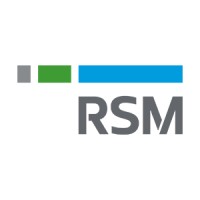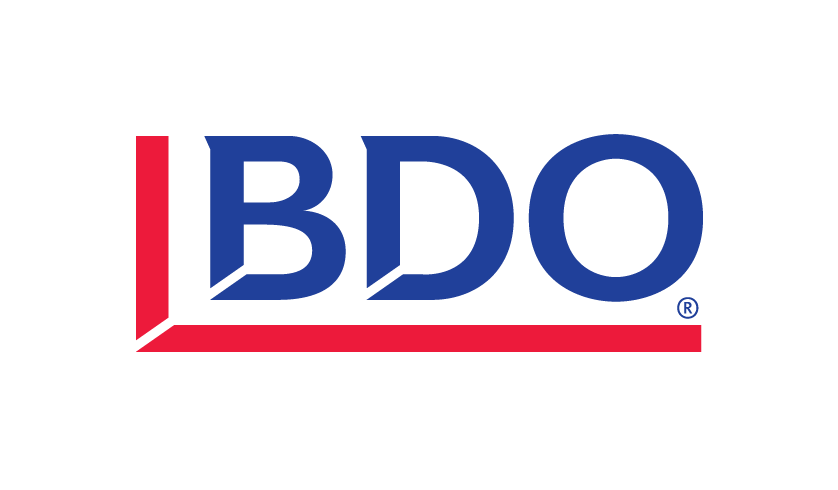When it comes to interviews, we all worry; trying to ensure every detail is perfect: From the suit you will wear, to making sure the ink doesn’t run out when you print your resume, to avoiding spilling coffee over the button up you bought just for your interview, to practicing your answers for interview questions. However, interviews aren’t just an opportunity for companies to review candidates and meet potential employees, it is also an opportunity for interviewees to get a sense of the company they are hoping to get a job or internship at. So when you apply to a job, you should prepare to not only answer questions but also to ask questions. While there are lists of questions to ask for full time positions, when interviewing for an internship there are some different things that you might need to ask about. Not sure what these questions are? Don’t break a sweat; we have your guide to the top 10 interview questions that you can ask.
Question 1: “Is there a formal training program for interns? What can I expect in my first day or week on the job?”
Find out how previous interns have done and what the company will offer you in terms of training you and helping you learn new things. The interviewer’s answer will tell you if this is the right internship for you – you can find out if they expect you to jump into things, if there is a training period to learn new skills, or if someone will mentor you. There’s nothing worse than going in on the first day and feeling awkward, because you have no idea what you are supposed to be doing. Most interviewers will say that no two days will be the same, and while technically speaking that’s true, they will follow a similar schedule. Generally, on the first day or week most companies do introductions to those who work in your office, an orientation to the position, and what the internship will look like. This will provide some information so you can have an idea of what things will be like.
Question 2: “What kind of projects will I work on as an intern?”
The reason you need to ask this question is because you want to ensure that the work you will be doing is relevant to the career or industry of the internship you are applying to; one where you will have real tasks and projects to work on. You don’t want to be the intern that fetches coffee for everyone. It’s important to find the right fit for you.
Question 3: “What are the biggest challenges of this position?”
Want to know what you are getting yourself into? While asking about key qualities and training all give you insight into what you need to be doing, asking about challenges is what will prepare you for the tough times. Perhaps they will tell you that interns have had difficulties managing their time, or working with higher level, more established employees. You will know what you need to work on before you’ve even taken the position and will know if it is a challenge you are willing to accept. Generations gaps in the workplace are something that is quite often a challenge and something that everyone can become more comfortable with. And if it happens to be that interns feel time crunched, maybe you can be the one that changes that by managing your time and priorities better. Either way any position will have it’s challenges, all that matters is how determined you are to work through them.
Question 4: “What are some key qualities you see in the most successful interns?”
Why ask this? You’ve already gotten as far as the interview, in fact, so have many others. A desire to do well goes a long way. Asking this allows you to understand the aptitude level of the other interns, and know what skills you need to work on. Also, it will pique the interest of the interviewer because they’ll know you want to succeed at their company.
Question 5: “What resources should students take advantage of and focus on in the duration of their internship?
You already asked about key qualities of successful interns which tells you what interns stood out most because of their contributions to the internship. What about what you can get from the company besides experience? Interns can leave with a large network, a job opportunity, a mentor, or all three and even more. Asking this just lets you know some areas of focus for the duration of the program.
Question 6: “What are the interns doing in the picture on the company blog?”
It doesn’t have to be this question at all; it could be any question showing that you’ve done your research on that company. Often companies with established intern programs will have pictures up from different events they’ve hosted. Find out what the intern programs are and see what you have the ability to participate in. Doing research on the company works both ways, you can impress the interviewer by asking questions or answering them.
Question 7: “How many interns receive full time job offers? Is there an opportunity for growth?”
Is this the career that you’ve always wanted? This is extremely important to ask, unless you just want a temporary internship. Asking this question not only shows your interest and seriousness about working for the company, but you will also find out if there is a possibility of landing a full time job if you do well. Knowing if there is an opportunity for growth allows you to plan for the long term.
Question 8: “How did you begin your career at ___?”
I like to know how people get their start at companies, it gives good insight into growth and opportunity. The person who is interviewing you could have started as an intern. So if you’d like to then ask. People, even interviewers, are always eager to share their stories, and you’ll get the, “Oh, I started back in…” and they’ll begin their spiel.
Question 9: “How would you describe the company culture?”
While this question is often asked at interviews for full-time jobs, I’ve learned over the course of many internships and jobs that being comfortable where you work is a necessity. It is a pretty good question to ask. All work and no play is not good for anyone’s mental health. We all need a balance between work and our personal lives, so understanding a company’s culture and it’s work/life balance is essential. I like to find out to see if I will fit in where I’m interviewing, and if I’ll be able to maintain some level of balance. In the end though, it is what you make of it, but a job/internship is more than just the money and experience. You have to be happy where you’re working. Keep in mind that when you ask this question you will have to consider the position of the person. Company cultures in a Fortune 500 will be highly different than one in a small office or startup. Also, the position of the person you ask, will determine their beliefs on company culture. A CEO is likely to have a more formal outlook than an office assistant.
Question 10: “What are the next steps?”
Want to know more about the hiring process? Go ahead and ask! These are common questions that interviewers are asked, but it’s quite informative. The answer will tell you if it’s a two week or three month long process, if you are going to have three interviews or six interviews, or submit any paperwork. Asking for clarification is essential to you making sure you don’t miss any steps of the interview process. And if you don’t have the interviewer’s contact information because you were in touch with just the hiring manager, make sure you ask for a business card so you can follow up.
A good rule of thumb is to ask questions that keep the conversation flowing. While you don’t have to wait until the end of the interview, you also don’t want to interrupt the interviewer. Keep a natural dialogue going and find out what you feel is important. You don’t have to ask all these questions, and can split them up so it’s not all in one interview; save some questions for your next one. It is also important to note that you shouldn’t leave without asking any, because it will seem to the interviewer that you weren’t paying attention or that you aren’t interested. And voilà, you’ve made a great impression during your interview!






